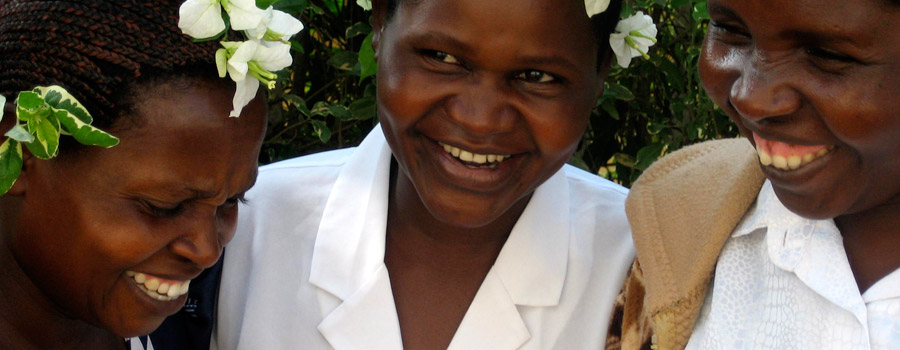Other Resources : Fistula Care Country Specific Tools :
Guinea
Birth Preparedness Card
This tool was developed for clients to use with community health workers to discuss danger signs during pregnancy and childbirth and to allow clients to develop and record birth plans. Its use was evaluated in Evaluation of Community-Level Fistula Prevention Interventions in Guinea.
Files: French (PDF, 771KB)
Evaluation of Community-Level Fistula Prevention Interventions in Guinea
The purpose of the evaluation was to explore whether the establishment and support of Village Safe Motherhood Committees led to measurable outputs in terms of enhanced community capacity and support systems and whether enhanced community support systems were associated with desired population-level outcomes, such as knowledge about obstetric risks, birth preparedness, and use of maternal health services. The study showed measureable differences between intervention and comparison villages in terms of community capacity—namely, the knowledge and activities of community-level committees and individuals involved in maternal health promotion. In addition, significant differences were observed at the population level in terms of women's exposure to community-level maternal health promotion efforts and their knowledge about maternal health and obstetric fistula.
Files: English (PDF,
978KB) and French (PDF, 1.0MB)
Fistula Care Postcard
This postcard, developed in Guinea, explains fistula prevention strategies and lists hospitals where free treatment is available.
Files: French (PDF, 260KB)
Flip Charts for Community Health Workers
This tool was developed in consultation with the Guinea Ministry of Health and Public Hygiene for use by members of village health committees and other community leaders to inform communities about maternal and child health, including the prevention of obstetric fistula, dangers signs, birth preparedness, and other topics.
Files: French (PDF, 3MB)
Guinea Fistula Care Program Evaluation
In 2011, Fistula Care undertook a two-part evaluation of the Guinea program: 1) to assess the accomplishments and effectiveness of the facility-based prevention and treatment services (i.e., the supply side); and 2) to explore whether the establishment and support of village safe motherhood committees at the community level had led to measurable change in knowledge and use of maternal services at the population level. Findings from the community evaluation are presented in a separate report. The supply-side evaluation used multiple data collection methods, including site assessments, observation of services, record reviews, interviews with key stakeholders, and interviews with a convenience sample of fistula patients. Findings from this review show that capacity for fistula treatment has increased over time, and there is some evidence of an increased enabling environment for sustaining services at the policy and program levels. The Guinea team has worked to strengthen the ability of district-level hospitals to provide quality fistula prevention services, such as family planning and partograph monitoring. This work needs to be replicated at the primary health care level, with appropriate and timely referral to district and regional health facilities for obstetric complications and emergencies.
Files: English (PDF, 2.2MB) and French (PDF, 339KB)
Communities for Improving Maternal Health: A Guide to Training Village Committees in Maternal and Child Health in Guinea
This five-day training guide was developed in Guinea to give village safe motherhood committees the knowledge, ability, and tools necessary to spread awareness within their community of the risks of pregnancy and childbirth, including obstetric fistula, in addition to promoting maternal health through access to care before, during, and after childbirth. In particular, the training focuses on three problems linked to poor maternal health: giving birth at home without access to skilled care in an emergency; lack of antenatal care and preparation for childbirth; and poor engagement of men during pregnancy and childbirth.
Files: French (PDF, 1.8MB)
Obstetric Fistula is Treatable
This poster, developed for the Kissidougou Hospital in Guinea, notes that treatment is available for fistula.
Files: French (PDF, 98KB)
The Causes of Obstetric Fistula
This poster, developed in Guinea, outlines the major causes of obstetric fistula and explains those suffering can get treatment.
Files: French (PDF, 103KB)
To Reduce Maternal and Infant Mortality, Go to the Health Center
This poster, developed in Guinea, promotes antenatal care and vaccination to prevent maternal and infant mortality.
Files: French (PDF, 108KB)
![[ Skip Navigation ]](../../data/images/c.gif)



